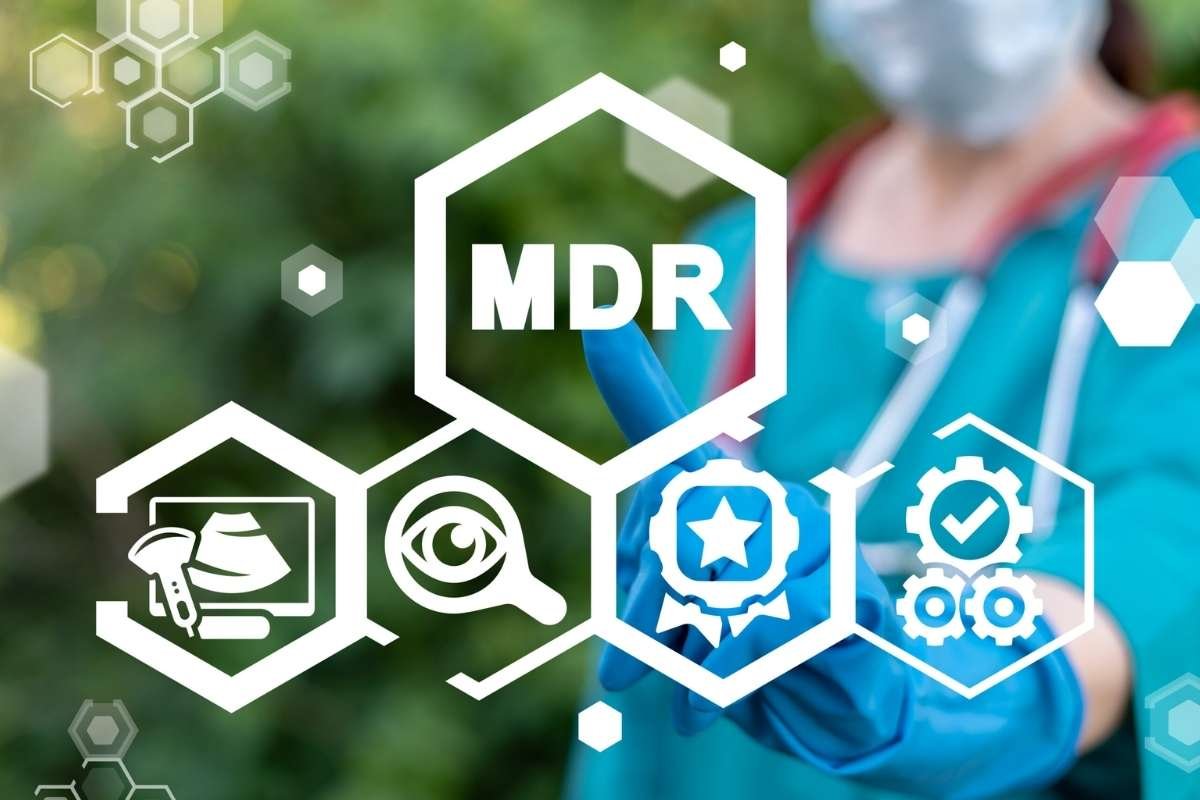China biotech and biopharma industry is undergoing a rapid and strategic transformation, moving beyond its past reputation for generic drugs and entering the global arena with innovative, homegrown therapies. As of 2024, Chinese firms had over 1,250 novel drug candidates in development—nearly rivaling the 1,440 being pursued in the U.S., according to Bloomberg.
This shift was made possible by regulatory reforms launched in 2015, including expedited approvals, upgraded clinical trial standards, and strong government support under initiatives like “Made in China 2025.” Chinese biotech companies are now earning fast-track designations and breakthrough therapy approvals from global regulators, including the U.S. FDA and European Medicines Agency.
As Business Standard reports, China biotech boom is no longer confined to domestic markets—it’s disrupting the global drug development landscape and raising the competitive bar for the West.
Investment Soars, Licensing Deals Hit Record Highs
Investor enthusiasm for China Biotech has surged. The Hang Seng Biotech Index has climbed 62% year-to-date in 2025, according to Financial Times, reflecting investor confidence in China’s growing pipeline of oncology, immunology, and metabolic treatments.
High-profile licensing deals between Chinese firms and Western pharmaceutical giants are also reshaping the business landscape. Merck and Pfizer are among the many global players now partnering with Chinese innovators to co-develop or commercialize advanced therapies like bispecific antibodies and PD-1/VEGF combinations—some of which may rival market leaders such as Keytruda.
In May 2025 alone, licensing agreements in the Chinese biopharma space brought in over £1 billion in upfront payments. These deals are partly driven by looming patent cliffs in the U.S. and Europe, compelling global drugmakers to seek novel assets in emerging markets.
U.S. Scrutiny Intensifies Amid Strategic Rivalry
China’s rapid China Biotech ascent is drawing increased scrutiny from Washington. U.S. lawmakers have raised alarms over national security, particularly in cases where Chinese firms operate dual presences in the U.S. and China. For example, biotech supplier GenScript is under renewed investigation over its potential ties to sensitive genomic data and bio-manufacturing infrastructure (Reuters).
Policymakers are pushing for stricter controls, including export restrictions on lab equipment and incentives to boost U.S.-based biotech innovation. The concern is that China Biotech —much like AI and semiconductors—is becoming a pillar of strategic competition between the U.S. and China.
Despite these tensions, cross-border partnerships continue to grow. Major Western firms, including AstraZeneca and Bristol Myers Squibb, are actively investing in China’s R&D ecosystem. As innovation increasingly intersects with geopolitics, experts warn that the China Biotech battlefield may define the next phase of global technological rivalry.
With a surging pipeline, deep-pocketed investors, and growing international collaborations, China is no longer following the global pharma playbook—it’s writing a new one. As U.S.–China tensions deepen, biotech stands at the intersection of medicine, business, and geopolitics. The world is watching closely to see how this biotech arms race unfolds—and who ultimately sets the pace for the future of medicine.
Sources:
https://www.ft.com/content/1beb84a6-71c1-494f-8a6c-b10a5da8b01b









